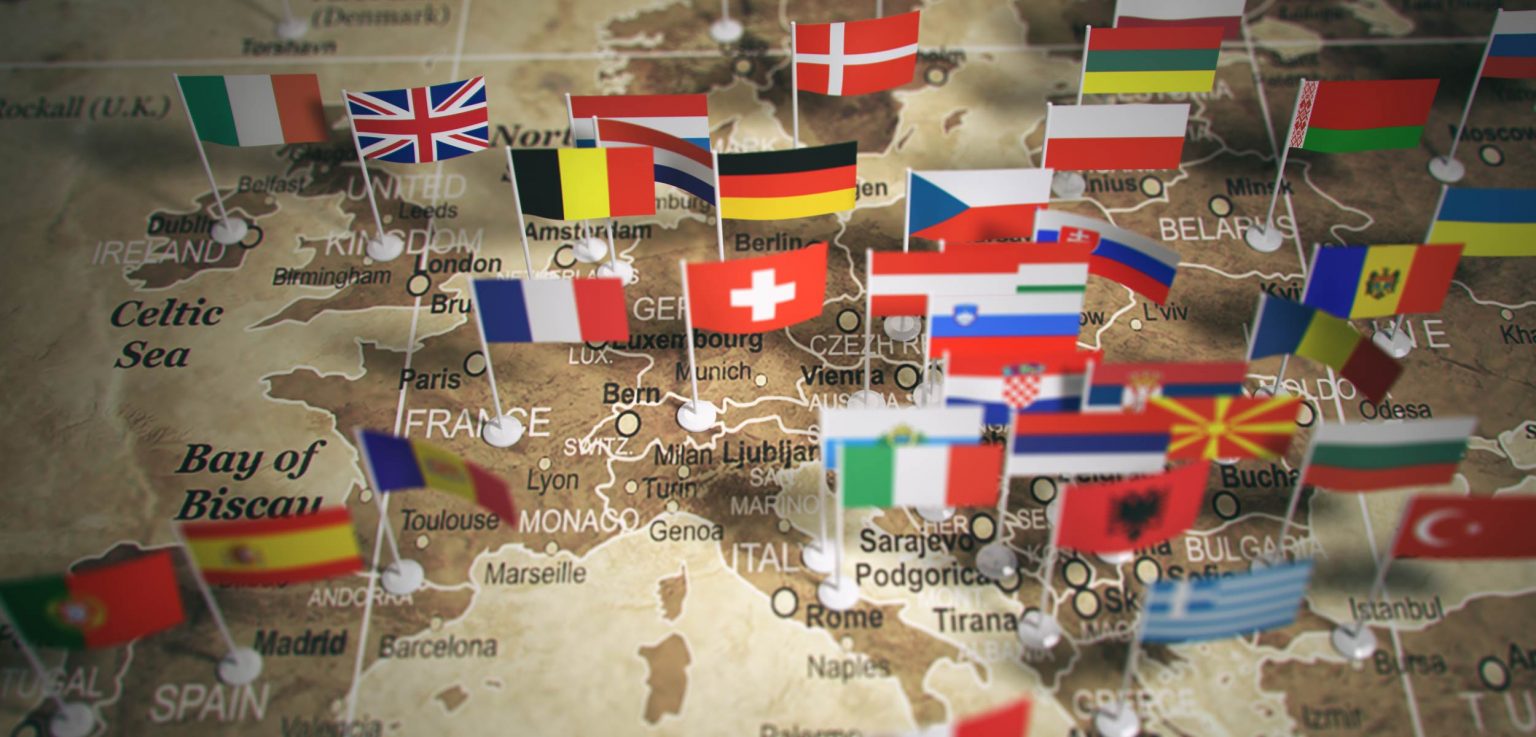Never let a good crisis go to waste is an adage Europe could use now. As it stares down the barrel of a loaded gun from Donald Trump, the region could seize an opportunity if lawmakers and regulators move quickly to bolster its tech sector, a critical growth driver.
With key services from America like cloud computing and artificial intelligence potentially becoming more expensive, Europe’s homegrown tech industry can reap an immediate advantage. Trump may complain loudly about how the US has been a victim of global trade, but the biggest beneficiaries of the booming AI business have been American. Now so-called hyperscalers – Amazon.com, Microsoft and Google – could suffer from Trump’s tariff plans as the steel, aluminium and copper they need to build vast data centres will become costlier.
Those expenses, coupled with the international resentment that Trump is cultivating, could increasingly put off Silicon Valley’s foreign clients.
Dutch lawmakers have been calling on the government to stop the flow of Dutch data and apps to American cloud services. Lucky for Europe it doesn’t have to go far for alternatives, like France’s OVH Groupe, Italy’s Aruba and Scaleway. The French cloud computing firm, owned by telecommunications giant Illiad, has a low-single-digit share of the European cloud market, which is dominated by Amazon, Microsoft and Google. That trio has more than 75% of the market, Scaleway CEO Damien Lucas says. He argues that it’s harder for European software makers to innovate because a cut of the value they get goes to Silicon Valley. “Every single innovation in the EU ends up paying a fee to those US giants,” he says.
Some European customers, he says, are also concerned that Trump could ask Amazon founder Jeff Bezos to shut down Amazon Web Services, its cloud business, in much the same way the US threatened to unplug Elon Musk’s Starlink services in Ukraine. Such jitters have helped prompt a more-than-50% increase in enquiries from new, potential customers about shifting over to Scaleway, Lucas says.
Moving with speed
Now he’s pushing his staff to accelerate the company’s geographic expansion to areas like Stockholm and Milan and to more quickly develop cloud and AI tools that match those of Amazon, Google and Microsoft’s units. They have about 10% to go to cover all the bigger rivals’ cloud services, he says. Fortunately, Lucas has an influx of cash to work with: Illiad announced two months ago that it was investing €3-billion in its cloud and AI infrastructure, with much of that funding going to Scaleway, according to Lucas.
EU officials also seem to be moving with speed. On Wednesday, the European Commission announced its AI Continent Action Plan, which commits €200-billion towards building out supercomputing infrastructure, skills development programmes and supporting AI start-ups in EU. But the best part of the plan involves helping smaller businesses comply with lengthy AI regulations and clearing obstacles that have hampered European competitiveness – problems highlighted by Italian Prime Minister Mario Draghi in a sobering, landmark report.
Read: Tesla sales are still crashing in Europe
Such tweaks are sorely needed in Europe’s tech industry, where onerous rules make it difficult for academics to spin out of universities, or for start-up founders to grant their early employees with stock options. Deepening Europe’s single market would also help invigorate tech development, according to Sebastian Mallaby, senior fellow at the Council on Foreign Relations and author of The Power Law, a book on the history of venture capital. “The US and China have done well generating unicorns because of huge internal markets that make it possible to ramp up sales fast,” he tells me. “The EU still has some way to go here.”
 The EU’s AI Act was a prescient and noble effort to fill the regulatory vacuum on AI, but it is mired in bloat and lacks specifics – something the new Action Plan seeks to address. If officials can seize the opportunity to move quickly and update the legislation to make it clearer, that could help the bloc’s competitiveness and the broader roll-out of AI. Only 13% of European companies adopted AI tools in 2024, according to Eurostat.
The EU’s AI Act was a prescient and noble effort to fill the regulatory vacuum on AI, but it is mired in bloat and lacks specifics – something the new Action Plan seeks to address. If officials can seize the opportunity to move quickly and update the legislation to make it clearer, that could help the bloc’s competitiveness and the broader roll-out of AI. Only 13% of European companies adopted AI tools in 2024, according to Eurostat.
Trump’s tariff war may end up being be the geopolitical catalyst that Europe’s tech sector needed. Rather than wasting energy on retaliatory measures, leaders here should channel their efforts into strategic tech investments, streamlining regulations and a deepening the single market. The region has long possessed the intellectual capital for greater technological self-sufficiency. Maybe it was just missing the existential urgency this trade crisis now provides. For savvy European policymakers and tech entrepreneurs, this is an opportunity to be seized, and one that could finally transform the region from a digital colony of Big Tech to its own technological powerhouse. — Parmy Olson, (c) 2025 Bloomberg LP
Get breaking news from TechCentral on WhatsApp. Sign up here.





